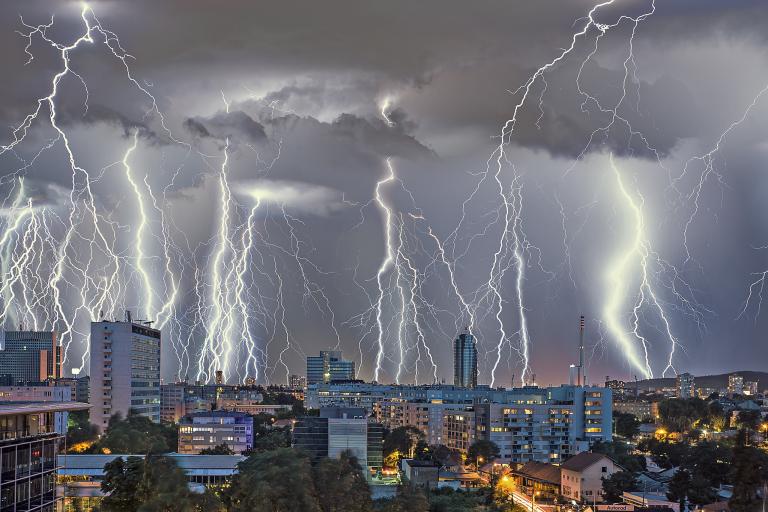Global forum promotes resilient cities

The 15th annual Global Forum on Human Settlements took place virtually on October 15-16, with the theme of “Post-Pandemic Recovery and Transformation: Resilient Cities, Healthy Planet.”
Some 100 speakers, including representatives of 10 U.N. agencies, contributed to the in-depth discussions on a range of challenges facing cities. These range from public health, ecological disruption to climate change impacts. While proposing scientific solutions and policy recommendations, the forum called on the global community to accelerate green transformation in recovery.
The public health crisis unleashed by COVID-19 is causing human tragedy, social upheaval and economic turmoil across the globe. United Nations Secretary-General António Guterres emphasized in the latest UN Policy Brief: COVID-19 in an Urban World: “Now is the time to rethink and reshape the urban world. Now is the moment to adapt to the reality of this and future pandemics. Now is our chance to recover better, by building more resilient, inclusive and sustainable cities.”
WMO Secretary-General Prof. Petteri Taalas pointed out that 4.5 billion people were affected by disasters from 1998 to 2017, and 96% of these were weather related. In addition, water stress is a global challenge that needs to be tackled urgently and systematically. Meanwhile, deterioration of air quality has been exacerbated by heatwaves and wildfires.
Nevertheless, there are win-win opportunities in climate mitigation, particularly through stepping up efforts in promoting electric transportation, eco-mobility and renewable energy, said Prof. Taalas.
Patricia Espinosa, Executive Secretary of the United Nations Framework Convention on Climate Change, reaffirmed the important role of multilateralism in helping cities and communities around the world make the urgently needed energy transformation.
“Boosting ambition, building a more resilient future, and providing a just transition from fossil to green: those are the three key elements we need to build a cleaner, greener and healthier future. But that’s not all we need—we also need strong National Adaptation Plans to back up this work.”

Almost half of the world’s population, about 3.6 billion people, remains offline. Having access to accordable Internet remains a prominent challenge for many. Digital technologies and ICTs are key enablers for accelerating sustainability efforts and climate actions in cities, from enhancing operational efficiency of urban complexities and infrastructure to improving accessibility to essential services and bring the benefits of nature to all people, said Malcolm Johnson, Deputy Secretary-General of International Telecommunication Union;
In his closing remarks, Global Forum for Human Settlements Secretary-General Lu Haifeng underlined the need to kick-start green development revolution, green city revolution and green cultural revolution on a global scale.
The concluding press release is here










